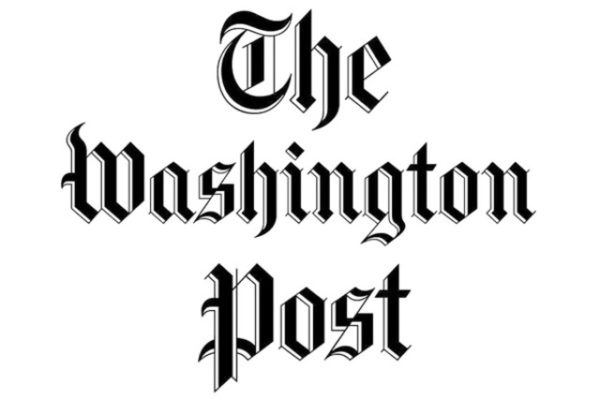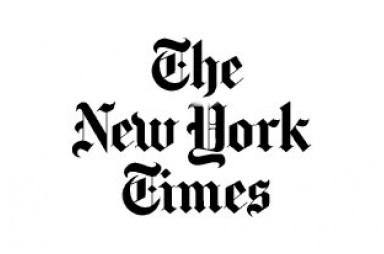Country of Origin
Transshipping Fraud: Hurting Consumers and Taxpayers
Certain types of import duties, particularly antidumping and countervailing duties (AD/CVD), are country-specific in their application. This means that the duties only apply to goods being imported from specific countries. Country-specific application makes sense in regard to AD/CVD because it is typically the aggressive trade policies of the foreign countries’ governments that lead to the imposition of such duties. Country-specific application, however, has led to “country of origin fraud” – fraudulent claims by smugglers that imported goods are from a different country than they actually are because goods from the claimed country are taxed at a lower duty rate.
“Companies that cheat, by fraudulently mislabeling their imports, undermine U.S. manufacturers and others that obey the rules, and hurt consumers and taxpayers.” – Richard L. Durbin Jr., U.S. Attorney of the Western District of Texas
It can be difficult to manipulate paperwork to plausibly represent certain goods aboard a massive container ship originated from a false country, so fraudsters have developed a laborious practice known as “transshipping” to misrepresent imported good’s country of origin. In a transshipping scheme, the products are shipped to a third country and the identifying information is then manipulated to misrepresent that the goods originated in that third country. Typically, transshipping fraud requires preparing false statements of origin, false invoices, and false bills of lading, and subsequently switching the merchandise’s original labeling and boxes.
“The implications of transit fraud are not necessarily limited to the government revenue. Unauthorized access to, and/or the diversion of the goods under Customs transit, could have significant impacts on public health and security.” – World Customs Organization Illicit Trade Report 2012
Transshipping Hubs
Most goods subject to AD/CVD orders are from China, and fraudsters in Southeast Asia have developed a cottage industry for diverting and fraudulently claiming the country of origin of Chinese AD/CVD subject goods. The U.S. Department of Justice and European Union Anti-Fraud Office have investigated and identified widespread transshipping schemes operating semi-openly in China and Southeast Asia. Companies posing as “logistics” companies in China have openly advertised and solicited Western purchasers by proclaiming that they can utilize transshipping fraud through Southeast Asia to import goods without the need to pay AD/CV duties. These operations are often headquartered in China, with sham factories in Southeast Asian countries that serve as nothing more than an address to claim as the place of origin for transshipped Chinese goods. The European Anti-Fraud Office has identified Malaysia, Thailand, Indonesia, Philippines, India, Vietnam, and Taiwan as major transshipping fraud hubs. There have also been recent reports alleging transshipping schemes using Mexico as an intermediary destination for goods traveling from China to the U.S.
“Frohsin Barger & Walthall Wins $3 Million Antidumping Duties Fraud Settlement”
Frohsin Barger & Walthall Represents Whistleblowers Nationwide.
Frohsin Barger & Walthall investigates and litigates qui tam actions on behalf of whistleblowers in federal and state actions across the country. Our representation includes evaluating, investigating, and filing qui tam actions, as well as assisting prosecutors and investigative agents in pursuing cases and reaching settlements, with a high percentage of our cases resulting in government intervention. We have sealed cases in multiple states across the country and regularly travel to meet with United States Attorney’s offices, State Attorney General Offices, and United States Department of Justice attorneys in Washington, DC.
The False Claims Act Offers Protection and Rewards for Whistleblowers.
Blowing the whistle on corporate fraud takes courage, and the law rewards that courage with certain protections. We understand that one of the most important aspects of representing corporate whistleblowers is guiding and protecting them through the difficult, stressful process of litigation. The False Claims Act (FCA) provides for a whistleblower’s case to be filed under seal and the identity of the whistleblower to be protected during the course of the government’s investigation. Further, federal laws protect against retaliation by mandating the reinstatement of wrongfully fired employees at the same seniority level, as well as an award of double back-pay, interest, and attorneys’ fees. Finally, successful whistleblowers are entitled to up to 30% of any FCA recovery, which Congress has mandated is three times the amount of fraud that is proved through the whistleblower’s allegations plus substantial civil penalties.
A significant characteristic of customs fraud qui tam cases is that companies that are competitors of entities engaged in AD/CVD fraud often have valuable insider information regarding their competitor’s fraudulent schemes and have served as relators. Additionally, current and former employees of companies committing customs fraud have served as relators in successful import qui tam cases.
Frohsin Barger & Walthall whistleblower cases have been featured in the following media outlets, among others:
Click on the media outlet logo to read the featured story.




